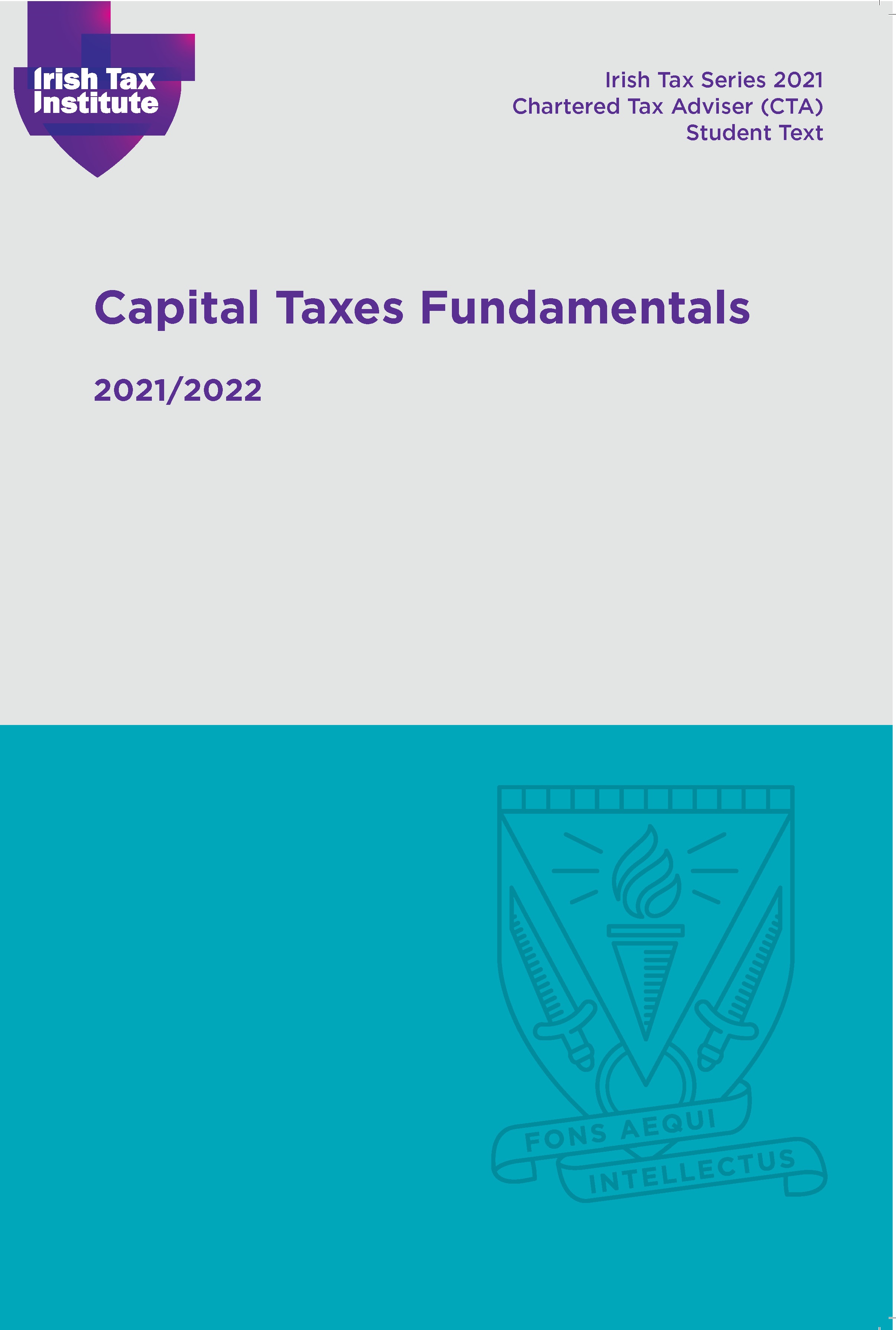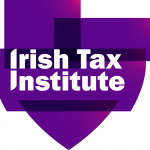Appears that my last post got deleted, so going to ask a shorten version of my question.
I inherited a property and qualified for the Dwelling House Exemption - under the rules one has to occupy the house for 6 years.
Suppose without the exemption my tax liability was 250k, and with it, it was nil.
If I give up the exemption, (but do not sell the house), is the liability I pay revenue 250k, or are there any fines/inflation/interest applied to that number from date of inheritance. From looking at the CAT manual and an example given regarding sale of a property, it would appear that there is no interest applied, but it's not in anyway definite. Given the monies involved, I would like a definite answer.
Has anyone come across this before?
I inherited a property and qualified for the Dwelling House Exemption - under the rules one has to occupy the house for 6 years.
Suppose without the exemption my tax liability was 250k, and with it, it was nil.
If I give up the exemption, (but do not sell the house), is the liability I pay revenue 250k, or are there any fines/inflation/interest applied to that number from date of inheritance. From looking at the CAT manual and an example given regarding sale of a property, it would appear that there is no interest applied, but it's not in anyway definite. Given the monies involved, I would like a definite answer.
Has anyone come across this before?

